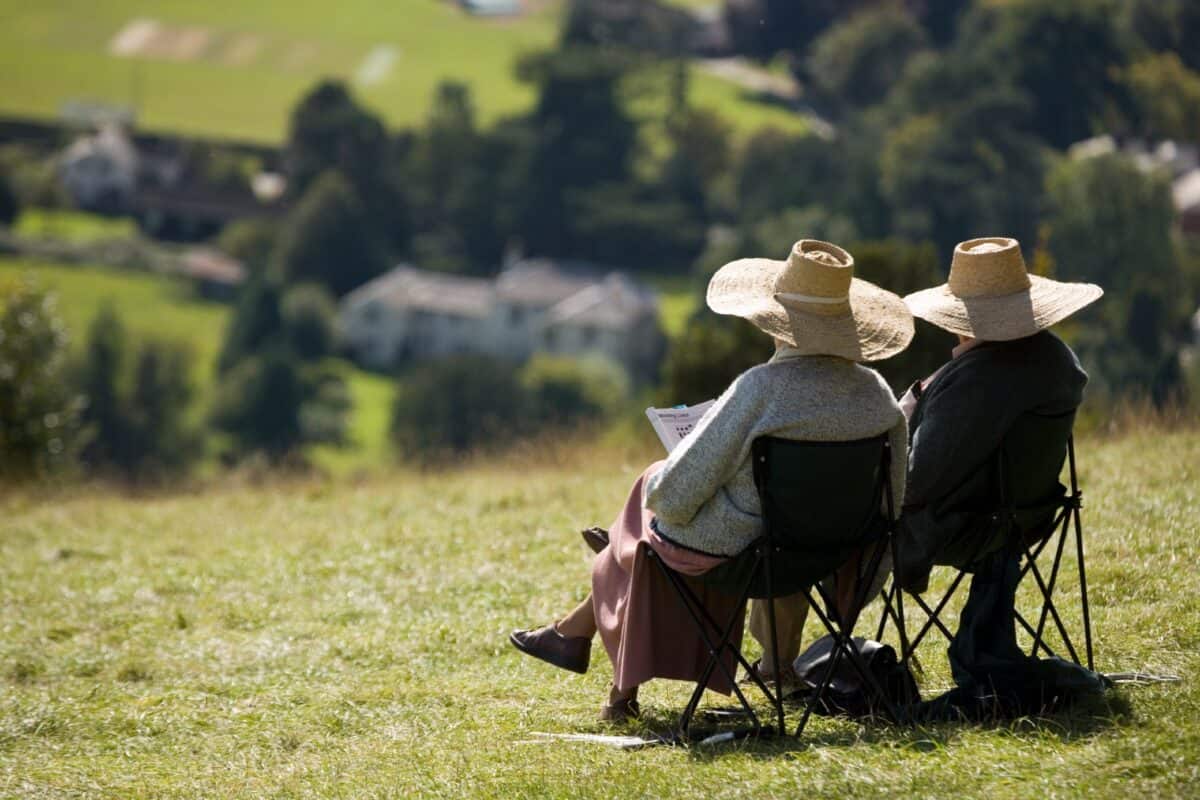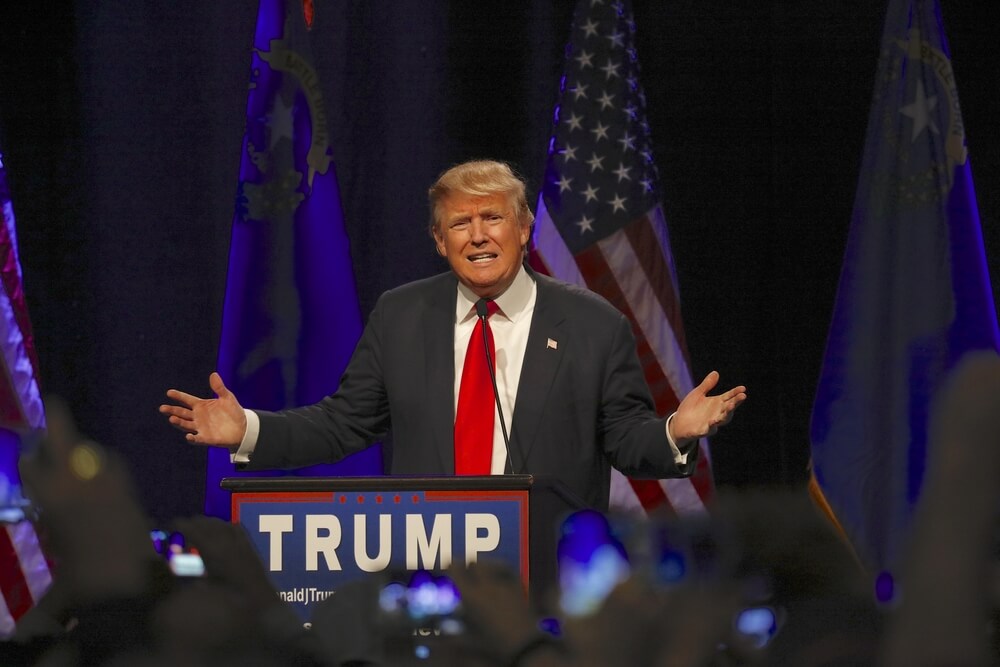Unlock the Editor’s Digest for free
Roula Khalaf, Editor of the FT, selects her favourite stories in this weekly newsletter.
Within the space of two weeks, the leaders of the once-dominant parties that put Northern Ireland on the path to peace in the wake of the Troubles have resigned as they struggle with the challenge of appealing to voters once more.
Colum Eastwood on Thursday announced that he would step down as head of the Social Democratic and Labour party after nine years. He said it was time to “re-energise” the party and that he would remain in the UK parliament as MP for Foyle.
Eastwood’s exit came after Doug Beattie of the Ulster Unionist Party quit last week amid infighting in the smallest grouping in the region’s Stormont executive.
“The key question for both parties is: is their product past its sell-by date?” said Deirdre Heenan, a professor of social policy at Ulster university. “Both have to get into relevancy mode.”
The pro-UK UUP governed Northern Ireland between 1921 and 1972 while the nationalist SDLP, which grew out of Northern Ireland’s civil rights movement, was founded in 1970.
David Trimble of the UUP and John Hume of the SDLP shared the Nobel Peace Prize in 1998, the year of the Good Friday Agreement peace accord, for their efforts to end the region’s three decades-long conflict.
But support for both parties has plunged. The UUP has been overtaken by the Democratic Unionist Party, now the largest pro-UK political group, and the SDLP by Sinn Féin — the biggest party on Northern Ireland’s local councils, as well as in the region’s Stormont executive and in Westminster.
Both the UUP and SDLP have been leapfrogged by the Alliance party, which identifies as neither unionist nor nationalist. The SDLP is not part of the Stormont power-sharing executive, and is in opposition.
A Lucid Talk poll this month put Sinn Féin, once considered the mouthpiece of IRA paramilitaries, on 30 per cent support, compared with the DUP’s 18 per cent.
The Alliance was on 15 per cent, above the UUP’s 12 per cent. The SDLP, on 8 per cent, was eclipsed even by the tiny, hardline Traditional Unionist Voice, on 9 per cent.
“Ultimately, both parties need to do some fundamental soul searching — what’s their unique selling point to the electorate?” said David McCann, a political commentator and election expert.
Eastwood, who said he would quit as leader at the SDLP’s conference on October 5, endorsed fellow MP Claire Hanna, one of Northern Ireland’s most popular politicians, as his successor.
Hanna did not immediately respond to a request for comment. Nominations open on Thursday and the new leader will be chosen by party members and installed on October 5.

The deadline for nominations to replace Beattie closes on Friday but Mike Nesbitt, who led the UUP between 2012 and 2017, is so far the only candidate, with an endorsement from deputy leader Robbie Butler. The new leader will be formally appointed on September 14.
While Beattie tried to make his party the home for moderate unionists, Gavin Robinson, who took the helm of the DUP this year, was already “to the centre of some people in the UUP”, McCann noted.
Meanwhile Ruairí O’Kane, former SDLP director of communications, told BBC Radio Ulster that his old party had to work out “how they take on the juggernaut of Sinn Féin”.
With no elections due for almost three years, the two parties have time on their side to sharpen their offerings.
“People have been writing off the SDLP since I was a kid,” said Conor Houston, who stepped down as the SDLP’s chief executive this month to return to the business world.
He said the party has already done a lot of internal housekeeping over the past two years, carrying out “root-and-branch reform” and rewriting its constitution, giving it “a very strong foundation for the future”.
The UUP, by contrast, has proved a notoriously difficult party to tame, with 18 powerful constituency associations that often defy the leadership.
Beattie, a decorated war veteran, failed to impose his will and quit citing “irreconcilable differences between myself and party officers combined with the inability to influence and shape the party”.
Eastwood said his resignation as leader had been “absolutely my decision” and that he wanted to focus on the “cause of delivering a new united Ireland . . . That is the work of this generation”.
Credit: Source link














